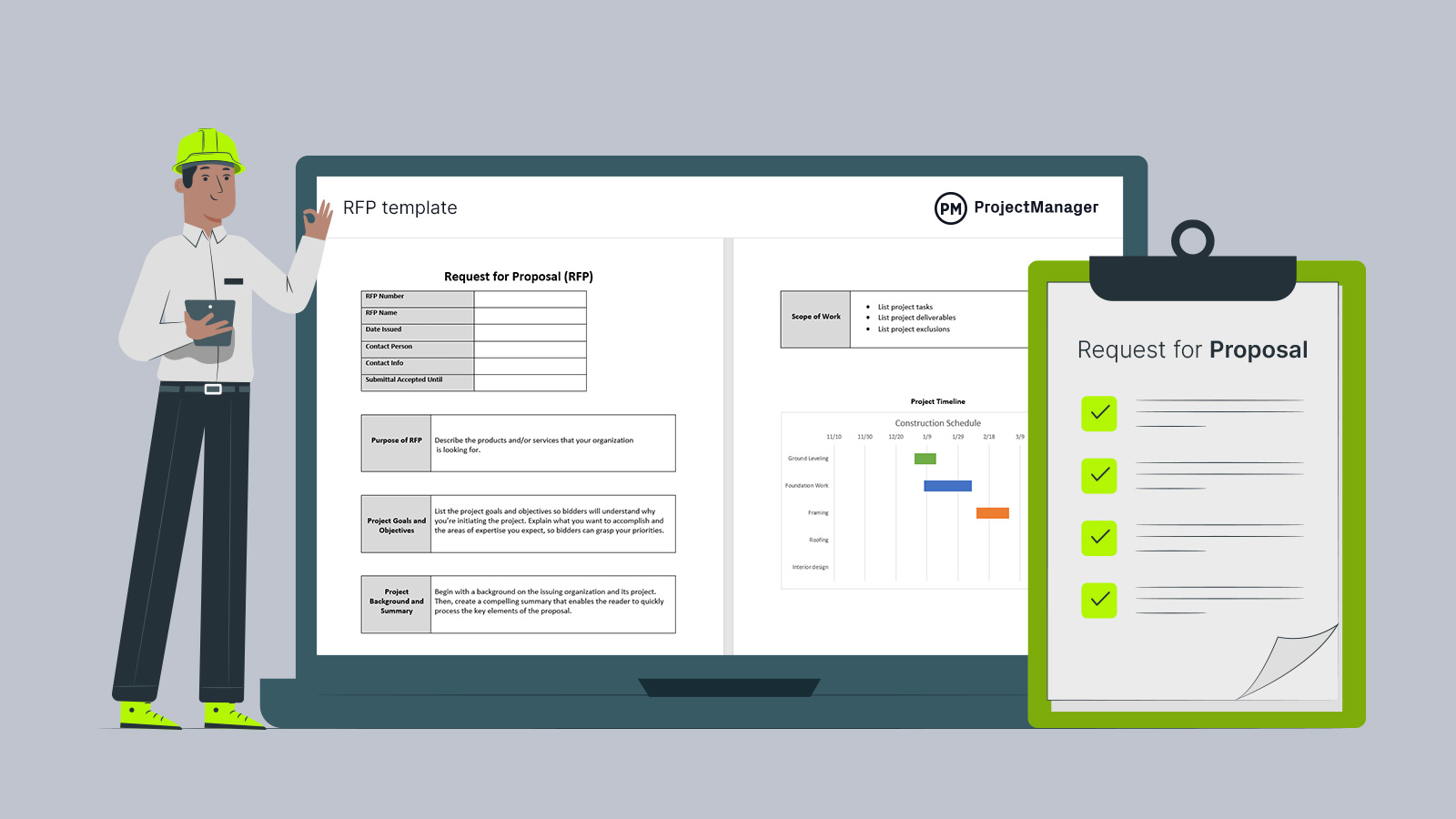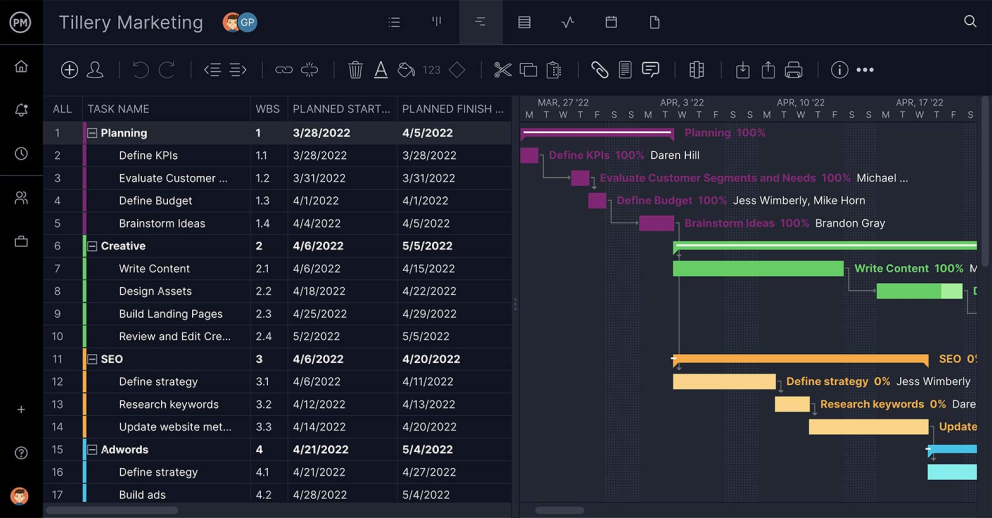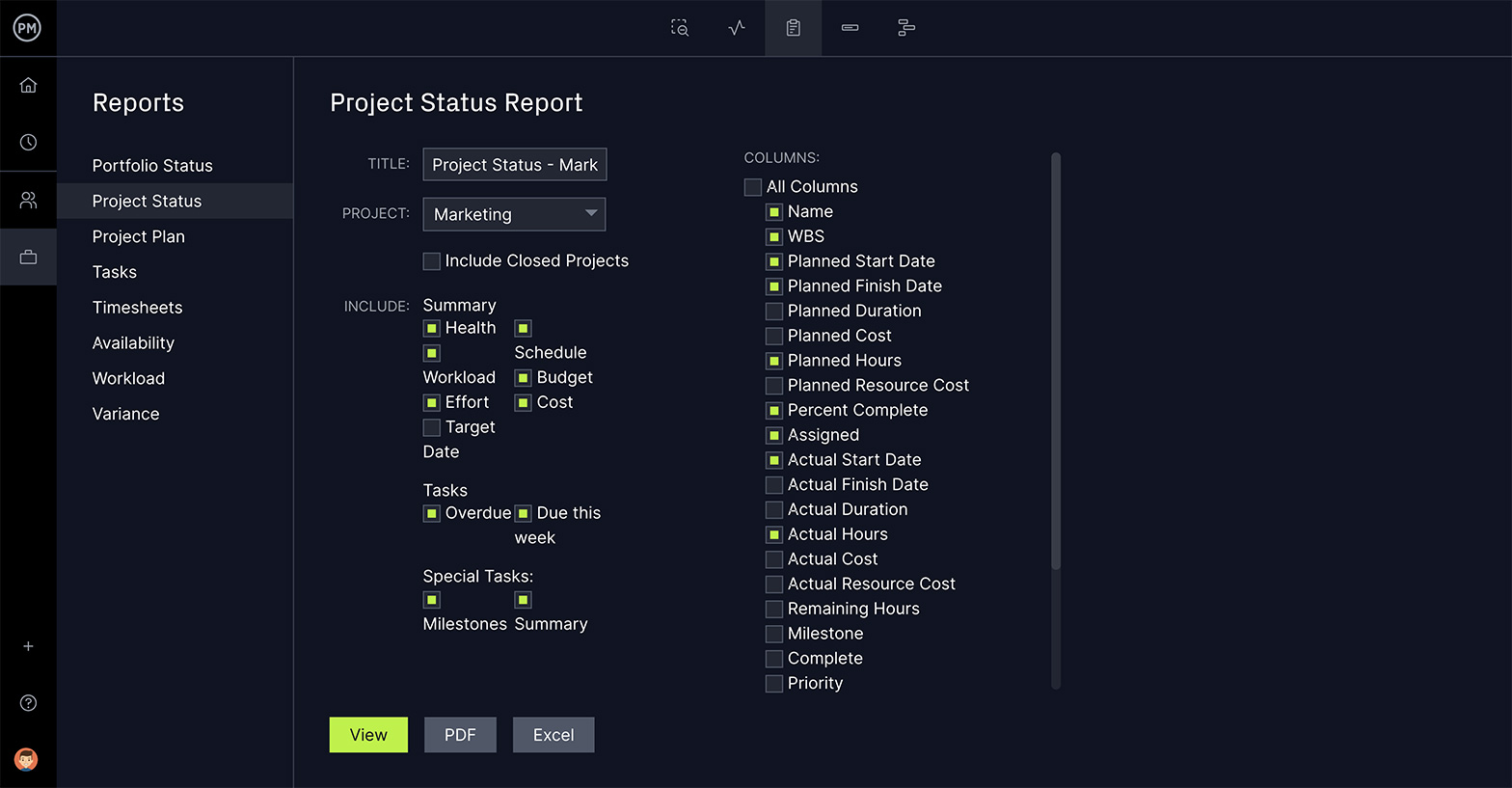Projects can’t start until the contractor and customer have come to an agreement on time, cost and more. To do so, they use contracts, and one of the more common types is the fixed-price contract.
But what differentiates a fixed-price contract from other contracts, and how can you tell when a fixed-price contract should be used?
What Is a Fixed-Price Contract?
A fixed-price contract is a contract where the agreed-upon price for the job is unchanged throughout the project. It doesn’t matter if more time, materials or labor must be used than first estimated, the price stays the same. It’s one of the more straightforward construction contracts.

Therefore, the scope of work the contractor defines in their bid must be very accurate. Once the quote is determined, it is shared with the customer. If the customer agrees with the price for the work, it is cemented as final and no change in man-hours or cost of materials can be considered.
Some fixed-price contracts will include a ceiling price, a target price or both. There can also be a fixed price with an economic price adjustment. However, mostly, the price decided on in a fixed-price contract is firm.
When Should a Fixed-Price Contract Be Used?
The fixed-price contract is often used when dealing with a repeated process. For example, when the project will be done over and over again to a standard set in advance, a fixed-price contract is advisable for the bidding process. The costs are going to stay relatively the same throughout.
Another reason to use a fixed-price contract is that they simplify the contract administration process. If you’re not willing to spend the time dealing with an open-ended billing process or changing costs for materials, then a fixed-price contract is going to make contracting with a customer much easier.
A fixed-price contract is ideal when the requirements are clear and the deadline is set. They tend to be used in smaller projects with a limited scope and fewer variables that can impact the schedule, labor, materials and overall costs.

Get your free
RFP Template
Use this free RFP Template for Word to manage your projects better.
What Should Be Included in a Fixed-Price Contract?
The fixed-price contract will have similar components to any contract that outlines the work and payment. In general, expect a fixed-price contract to include the following basic elements:
Project Information
- Owner: This will be the person or organization that is hiring the general contractor for the construction project.
- General Contractor: This will be the person bidding for the work. They are the overriding contractor, managing the project and any subcontractors and third-party vendors.
- Contractor License: To avoid liability issues, general contractors should have a state license board number to indicate they are licensed contractors and are doing things by the book.
- Worksite: This is the site address for when the construction will be taking place.
- Scope of Work: Detail what will be done by the contractor, including project plans, schedule, specifications, etc.
- Price and Payment: This is where to list the total price for the job, which again is fixed and unchangeable, as well as the how and when payments will be made by the customer to the contractor.
Supporting Documents and Costs
- Documentation: Attach construction drawings, blueprints, exhibits and any other documents that need to be included in the contract.
- Materials and Labor: List the materials and the labor employed to execute the project.
- Start and End Dates: This is where to place the schedule, including the starting and completion dates, but also milestones and other important dates.
- Licensing and Permits: Note who will be responsible for pulling the permits and licenses required for the construction project and what they are.
Tasks
- Subcontractors: Most construction projects involve third-party vendors or subcontractors and here is where to list them and how they will be incorporated into the project.
- Work Changes: How will change requests be processed throughout the project needs to be identified here.
- Warranties: Add warranties for the work, such as how long will the contractor warrant their work for material defects.
- Indemnification: Some contracts will include what the contractor will be responsible for in case of loss or damage during the construction of the project.
- Dispute Resolutions: It is helpful to include how disputes will be settled, whether by arbitration, mediation, etc.
Closure
- Termination: Notes when the contractor can end the contract.
- Inspection: The customer is given time to inspect the work of the contractor to make sure it conforms to their contract.
- Insurance: Note insurance obtained by customer and contractor protecting against damage, claims, etc.
- Liquidated Damages: An agreed-upon sum the contractor will pay the customer for each day the project goes over the contracted deadline.
- Force Majeure: Neither party is responsible for events that occur due to circumstances beyond their control, such as weather, supply shortages, etc.
What Are the Advantages and Disadvantages of a Fixed-Price Contract?
A price-fixed contract is one of several different types of contracts, and as in any contract used for an agreement between parties, there are pros and cons. Before making a decision on which to use, think about these advantages and disadvantages of a fixed-price contract:
- They’re easy to understand, as the cost of the project is clearly stated and will not change. This helps customers and contractors alike. The former knows how much the project will cost, and the latter knows how much they can spend. Since everything is understood, there are likely fewer disagreements.
- A price-fixed contract is a profitable but risky proposition, as the bids must be very accurate to make sure the contract is able to make money from the work. The contractor can potentially bring the project in for even less than the agreed-upon price, adding to their bottom line.
- There can still be changes made during the execution of the project, which will take time and could be costly. These changes usually are the result of unseen circumstances, but they still add an extra step that isn’t covered in the contract.
- Market prices change, and that can impact the project for good and ill. Supplies can become scarce or expensive. Of course, they can also go lower. Then there’s the usual risk when starting any project. Bad weather or other external forces can make contractors take a big financial hit.
- The certainty of costs related to the price-fixed contract are both a positive and a negative. For one, the customer knows the cost of the project and that number is not going to change. However, the contractor knows this, too. This means they’re likely to create a higher price because they’re factoring in risk to a greater extent than they would on a more flexible agreement.
Request for Proposal (RFP) Template
This free request for proposal template helps you specify all the information that construction contractors will need to submit in their construction bids. This includes the scope of work, timeline, budget and other aspects of your project that also need to be considered when writing a fixed-price contract.

We offer a variety of free construction project management templates for Excel you can use to manage all aspects of your project.
How ProjectManager Helps With Fixed-Price Contract Projects
ProjectManager is award-winning software that organizes your work to help you stay on budget and meet your deadlines. This is useful because the most important thing for a contractor on a fixed-price contract is to stay below or at the figure when they deliver the project; otherwise, there’s no profit and they’ll lose money.
Track Your Baseline on Gantt Charts
Keeping costs down means having a baseline budget and schedule in order to have something to compare against what you’re actually spending and how you’re progressing as you execute the project. Once you’ve set up your budget and schedule on our Gantt chart feature, save it instantly and use data to keep on track as the project is executed.

Monitor Your Costs on Dashboards
Monitoring your progress is going to give you a head’s up on if you are overspending, but you need to get this information fast. Your live data is fed into features such as our real-time dashboard that automatically calculates things like your costs, the project variance and more. These calculations are then displayed in easy-to-read graphs and charts, giving you a high-level view of your project’s progress and performance.

Easily Share Reports with Stakeholders
When you need a deeper look into the data in order to figure out how to stay on budget and keep to your schedule, use our one-click reporting feature. Get reports on project variance, costs, time and more. Filter those reports to zero in on just the information you’re looking for. Reports can also be shared to keep customers updated on progress.

ProjectManager is a cloud-based tool that organizes tasks, teams and projects for greater productivity. Plan, monitor and report on your construction project while giving your crew the collaborative tools they need to work better together whether on the job or off-site. Join the tens of thousands of teams already using our software to boost efficiencies and take this free 30-day trial today.

